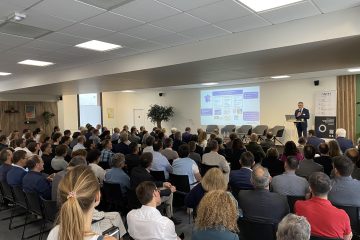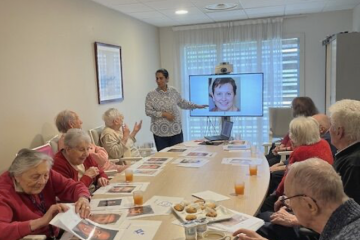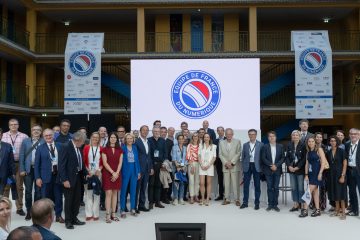Following its successful evaluation, we anticipate a continuation of ANITI in a form that we provisionally call ANITI 2.0.
This call for chair proposals, as elaborated with our academic and industrial partners, will allow interested researchers to initiate as soon as possible the construction of their proposals, which can take five (5) possible forms and will run from 2024 for a duration of 4 years.
Please note the following important steps:
- Call presentation webinar: February 10, 9.30 – 11 – Webinair is closed
- Rendez vous between industrial partners and candidates for chairs : March 10, 9.00 – 12.00 – closed
- Webinar for question/answers: April 7 – 9.30 – Webinair is closed
- Deadline for submission: May 5
- Publication of the selection results: July 15
- Submission of the consolidated ANITI 2.0 program: Sept. 1st (TBC) and sent to submission-aniti-2@univ-toulouse.fr
You can know more about the call and submit your project clicking here under.


